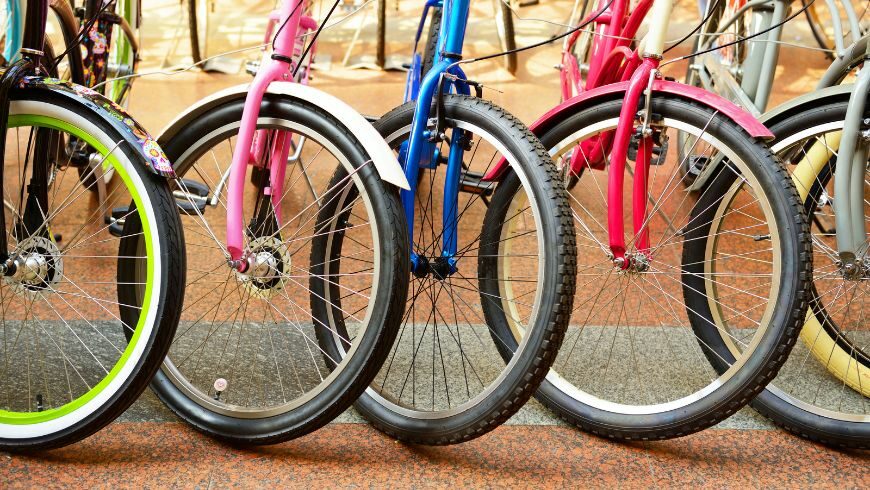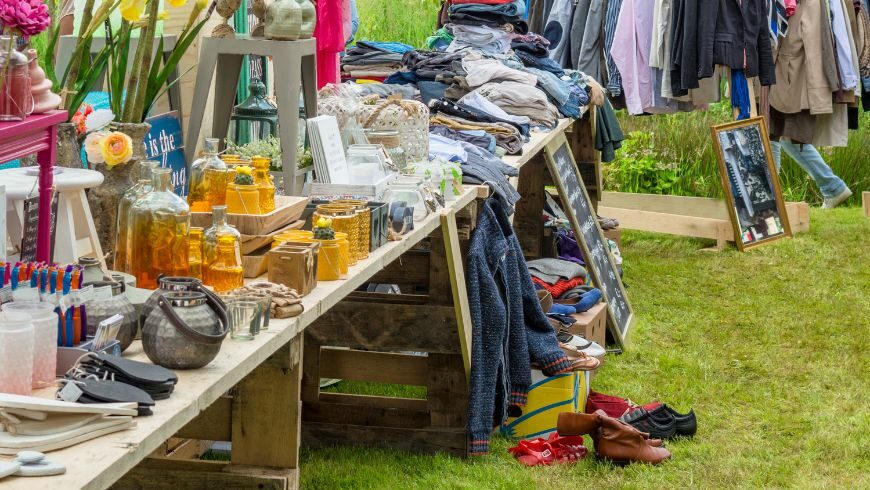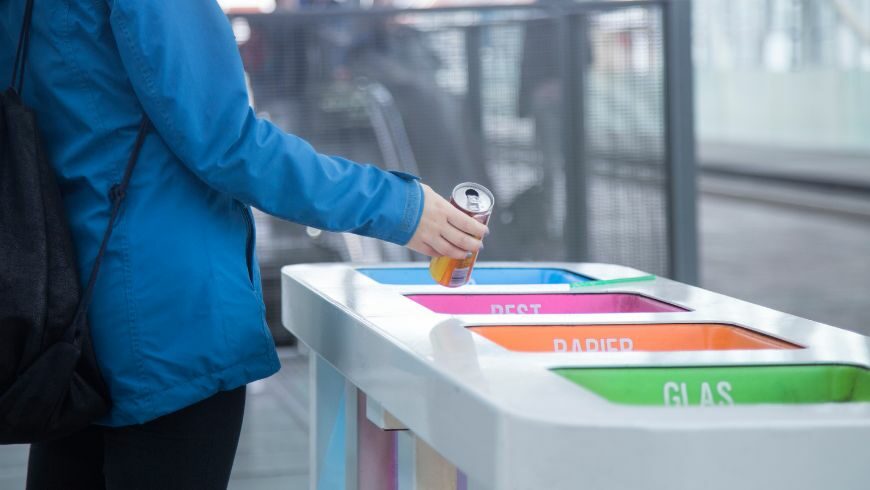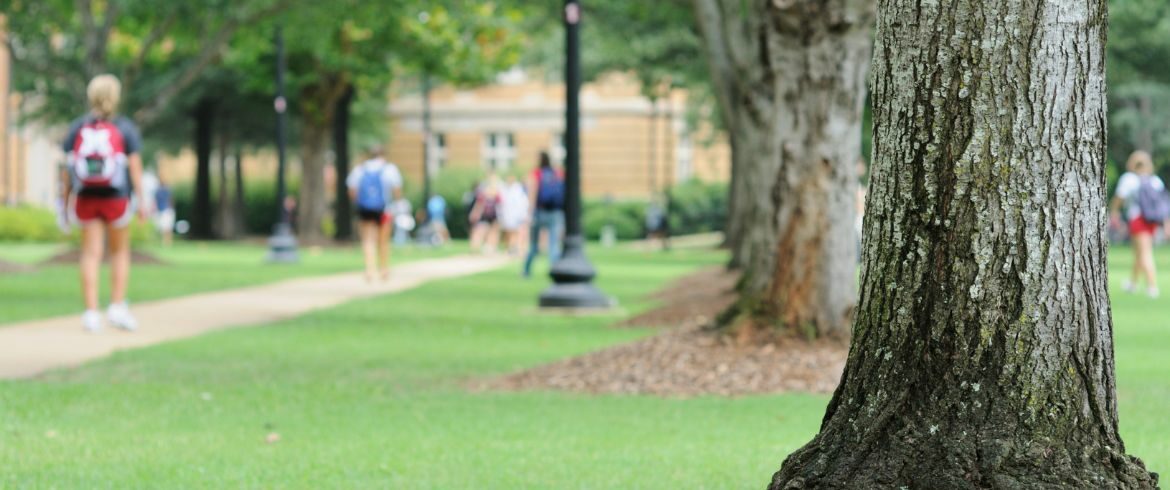With the growing concerns about global warming and other pressing environmental problems, more and more organizations, companies, and educational facilities are looking for a way to make a change. They complement different competencies to make their offices and campuses greener. Of course, such initiatives in large establishments are inspiring and can’t help but leave a positive footprint on our Planet. But to achieve greater results, each of us should personally join these initiatives.
If you are also concerned about the fate of our planet, you must go greener yourself first. But how do you do this on campus? Below, you will find the answer!
Avoid Driving to Class

Each of us leaves a significant carbon footprint. This problem has been growing for many decades and has become one of the most pressing. According to Global Energy Review, despite a small decline in global CO2 emissions in 2020, in 2021, this indicator has gone 5% up, approaching the peak indicators from 2018-2019.
One of the simplest ways for a student to make a change is to avoid driving. By reaching class by foot or alternative transportation methods, students can significantly reduce their carbon footprint. However, it can be hard to start. After all, driving is the fastest way to get to school, so giving up on it can eat up more time from your already busy schedule. However, don’t forget that you can always have an academic writing service write my term paper and delegate some of your tasks to professional writers. This way, you will save more time for walking or taking a bike to class.
Donate or Repurpose Old Stuff

Clothing, shoes, gadgets, household, and other goods we purchase all tend to wear out and become outdated. But what is the right thing to do when this happens? If you have a habit of throwing unnecessary stuff away, it’s time to change it.
Donating, repurposing, and even selling your old stuff is much “greener” than throwing it away. Of course, it will require more dedication and effort on your part. But once again, it’s better to carve out a bit of time to make a positive change than to continue harming the environment.
Reduce Paper Waste

According to studies, the paper thrown away every year in the US alone amounts to around 1 billion trees. The total annual waste of paper in the world could be enough to heat 50 million homes for 20 years. These numbers indicate the massive problem with paper waste. So, if you want to go greener, the first thing you should do is to reduce the amount of paper you use in daily life.
There are several effective ways to make it possible. Namely, you can store your files and learning materials digitally and take paperless notes. These small steps will let you minimize the waste and thus go greener.
Make Recycling a Habit

Another big step toward reducing your daily waste and making a positive effect on the environment is to start recycling. Invest in several recycling bins and learn how to sort your garbage at home. It might take a while to learn and get used to it. However, recycling is proven to be a massive step toward protecting our planet. So, don’t give up and get on the right track with it.
Reduce Energy Waste

According to surveys, modern college students, on average, use five different devices. Most often, they use them on a daily basis and, respectively, charge them daily too. If this sounds like you, imagine how much energy you might be wasting every day.
Here’s what you should do instead. First of all, never leave your gadgets plugged in overnight. Most gadgets charge within one or two hours, and the rest of the time is just a waste of resources. Secondly, don’t keep your devices plugged in longer than necessary. If you follow these tips, you will significantly reduce your energy waste. And as a nice bonus, you will extend your gadgets’ battery life and reduce your bills.
The Bottom Line
Going green on campus can be incredibly hard. Having no or very little experience in this area, most college students simply don’t know where to begin and how to make “greener” decisions in their everyday lives. But here’s what you need to know – big changes always start with small steps.
The tips from this article are the small steps you can start taking right now. So, start acting and make a change!




